Everyone dreams of youthful, glowing skin, but as we age, maintaining that fresh-faced radiance becomes more challenging. Collagen, the skin’s essential structural protein, plays a critical role in keeping skin firm, elastic, and hydrated. Understanding the science of collagen—and how to support it—can help you maintain youthful, resilient skin for years to come.
What Is Collagen and Why Is It Important?
Collagen is the most abundant protein in the body, making up 30% of its total protein content and 70% of the skin’s composition (Sandhu et al., 2012). It acts as the scaffolding for skin, providing structure, elasticity, and resilience.
Key Roles of Collagen in Skin Health
- Elasticity and Firmness: Collagen fibers act like a scaffold, keeping the skin firm and elastic.
- Hydration: Collagen binds water, helping the skin stay hydrated and plump (Asserin et al., 2015).
- Wound Healing: Collagen is essential for repairing skin injuries and supporting new tissue growth (Schönborn etal., 2020).
Types of Collagen
While there are 28 known types of collagen, the following are most relevant to skin health:
- Type I: The most abundant, providing strength and structure to skin.
- Type III: Works alongside Type I to maintain skin elasticity and firmness.
- Type II: Found in cartilage but also supports skin hydration and elasticity.
The Science of Collagen Decline
Unfortunately, collagen production begins to decline in your mid-20s, decreasing by about 1% annually. By your 40s, this decline becomes more pronounced, leading to thinner, drier skin and reduced elasticity.
Factors Accelerating Collagen Loss
- UV Radiation: Prolonged sun exposure damages collagen fibers, causing premature aging.
- Smoking: Nicotine restricts blood flow, reducing oxygen and nutrients essential for collagen synthesis.
- Poor Nutrition: A lack of vitamin C and other co-factors hampers collagen production (Reilly & Lozano, 2021).
How to Support Collagen Production
Nourish Your Skin with the Right Diet
Foods rich in collagen-boosting nutrients include:
- Vitamin C: Found in citrus fruits, it’s essential for collagen synthesis.
- Amino Acids: Bone broth and lean proteins provide the building blocks for collagen.
- Antioxidants: Leafy greens help combat free radicals that degrade collagen.
Incorporate Topical Treatments
Look for products with ingredients that stimulate collagen production:
- Retinol: Stimulates skin renewal and collagen production.
- Hyaluronic Acid: Enhances hydration and supports collagen retention.
Use Collagen Supplements
Hydrolyzed collagen supplements are clinically proven to improve skin elasticity, hydration, and reduce wrinkles (Kaziród et al., 2023).
Rejûvaskin’s Collagen-Boosting Solutions
At Rejûvaskin, we’re passionate about supporting skin health with science-backed, dermatologist-recommended products:
ReVita-D™ Facial Moisturizer: This lightweight moisturizer contains ReVita-D™ Complex, a blend of antioxidants, peptides, and botanicals designed to enhance hydration and support collagen production. It’s perfect for daily use to maintain firm, youthful skin. Learn more.
Skin Recovery Cream: Originally developed for radiation relief, this cream combines soothing botanicals like aloe vera and calendula to repair compromised skin and restore its natural collagen structure. Ideal for post-treatment recovery or everyday use for sensitive skin. Learn more.
Science-Backed Facts About Collagen
- Hydrolyzed Collagen Absorption: Collagen peptides from supplements are easily absorbed and distributed to the skin, enhancing hydration and elasticity (Inoue et al., 2016).
- Collagen and Wound Healing: Collagen accelerates wound closure by promoting new tissue formation (Brandao-Rangel et al., 2022).
- UV Protection: Regular use of sunscreen prevents UV-induced collagen damage, protecting your skin’s integrity.
Collagen is the foundation of healthy, vibrant skin. While its natural decline is inevitable, proactive measures like a balanced diet, protective skincare, and Rejûvaskin’s science-backed products can help preserve your skin’s youthful appearance. Invest in your skin today to enjoy long-term benefits for years to come.
Works Cited
- Asserin, J., Lati, E., Shioya, T., & Prawitt, J. (2015). The effect of oral collagen peptide supplementation on skin moisture and the dermal collagen network. Journal of Cosmetic Dermatology. Link
- Brandao-Rangel, M. A., et al. (2022). Hydrolyzed collagen induces an anti-inflammatory response that promotes skin fibroblast and keratinocyte proliferation. Nutrients. Link
- Inoue, N., Sugihara, F., & Wang, X. (2016). Ingestion of bioactive collagen hydrolysates enhances facial skin moisture and elasticity. Journal of the Science of Food and Agriculture. Link
- Kaziród, K., et al. (2023). Collagen supplementation: Does it bring real benefits? Quality in Sport. Link
- Reilly, D. M., & Lozano, J. (2021). Skin collagen through the lifestages: Importance for skin health and beauty. Plastic and Aesthetic Research. Link
- Sandhu, S., Gupta, S., Bansal, H., & Singla, K. (2012). Collagen in health and disease. Journal of Orofacial Research. Link
- Schönborn, K., et al. (2020). Role of collagen XII in skin homeostasis and repair. Matrix Biology. Link

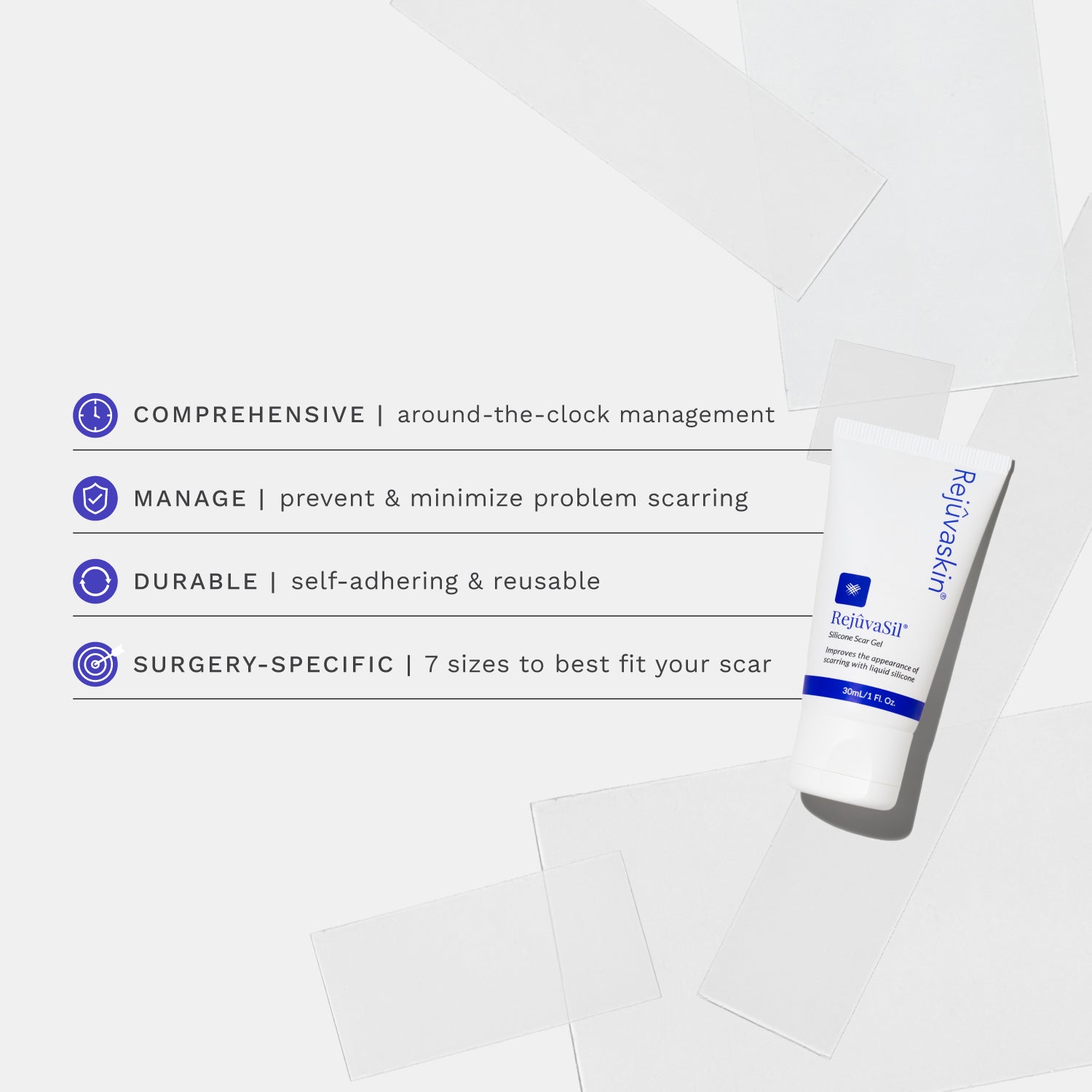
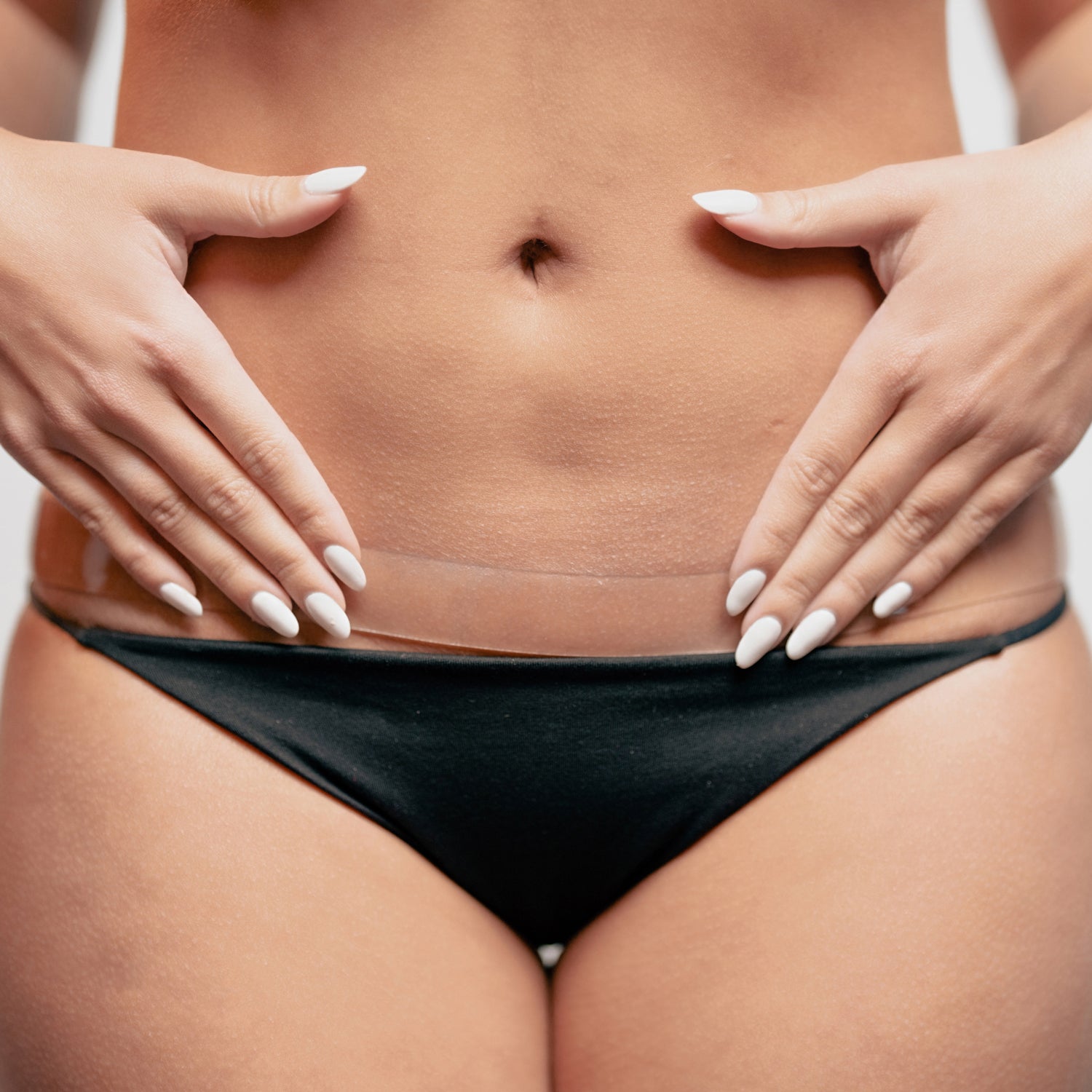
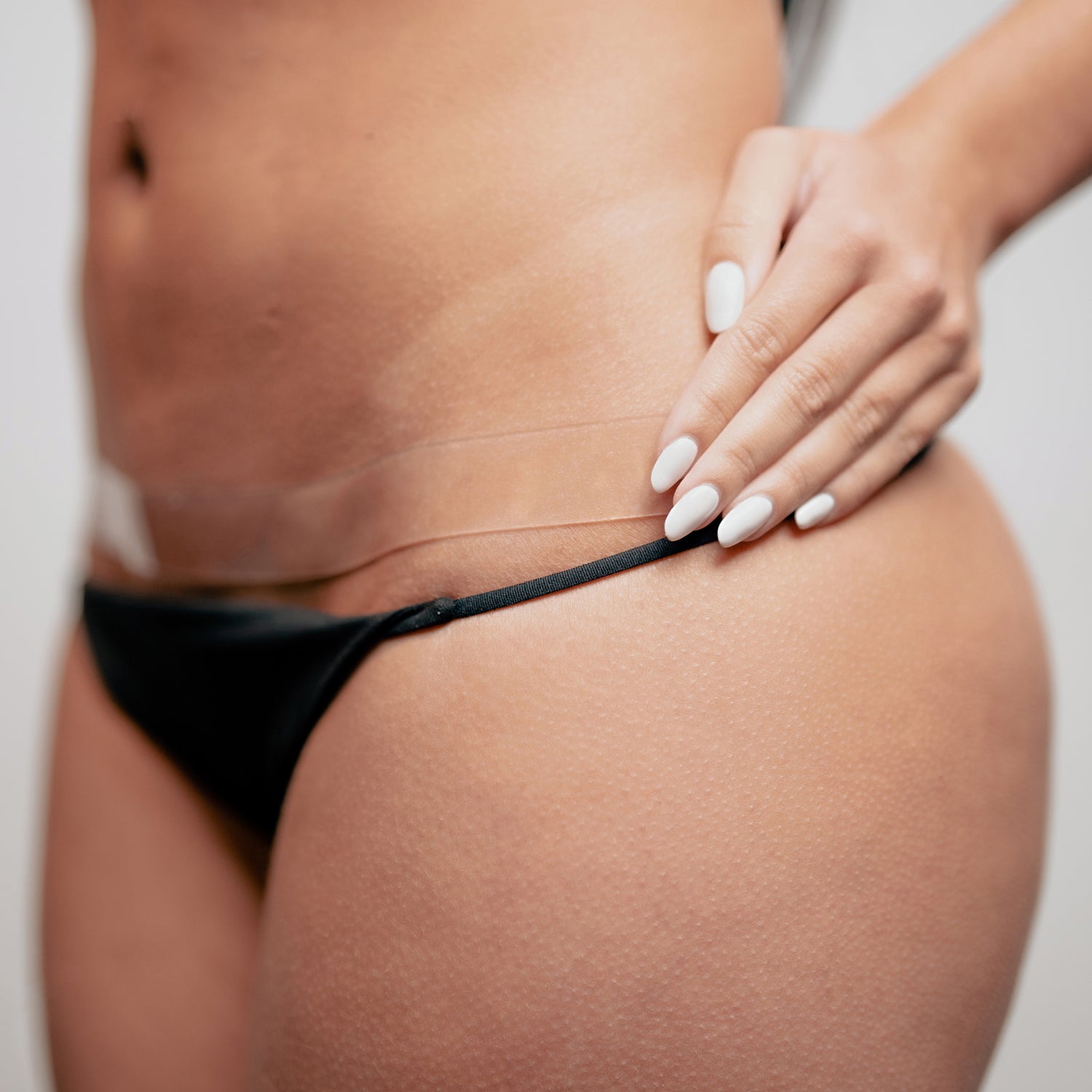
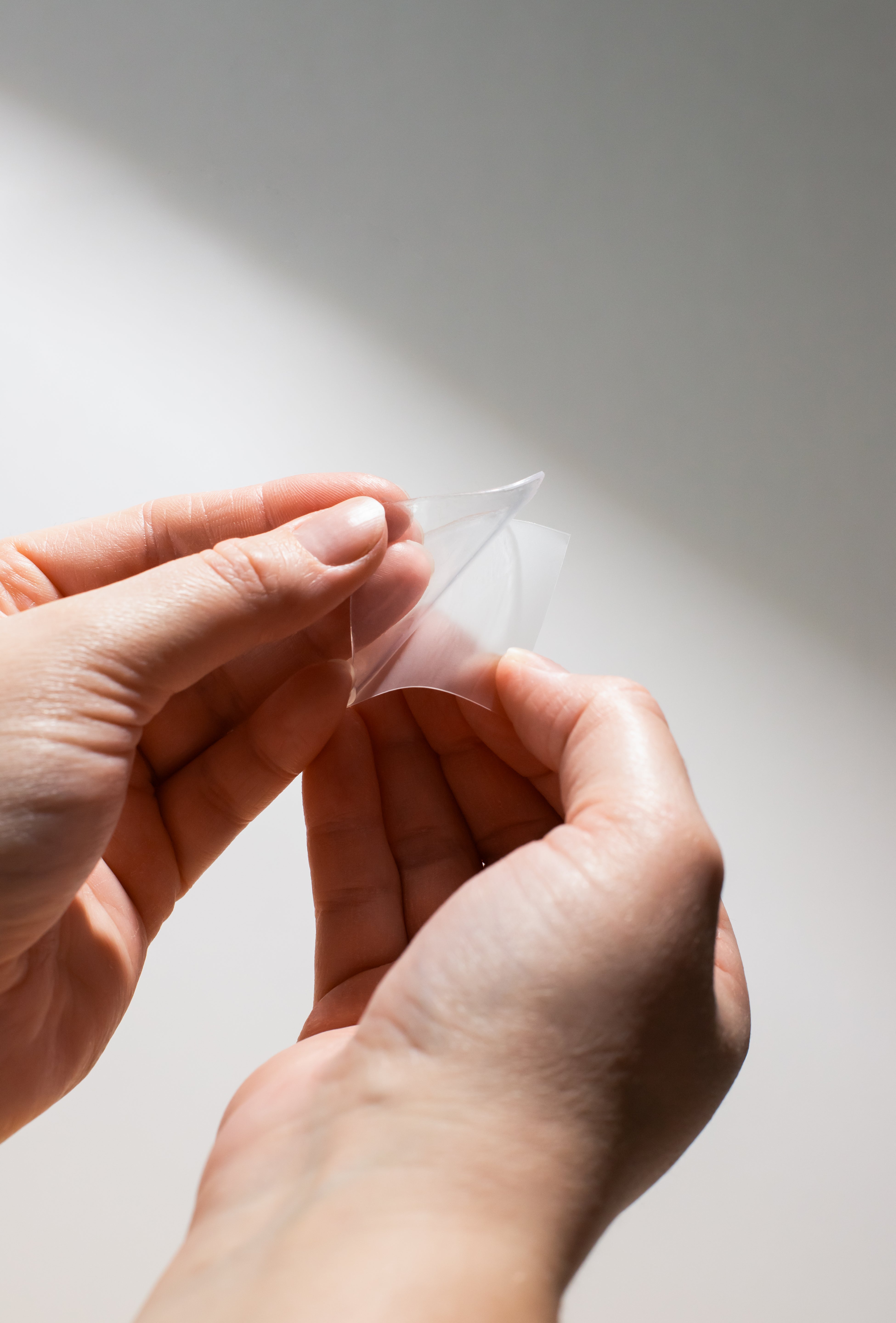



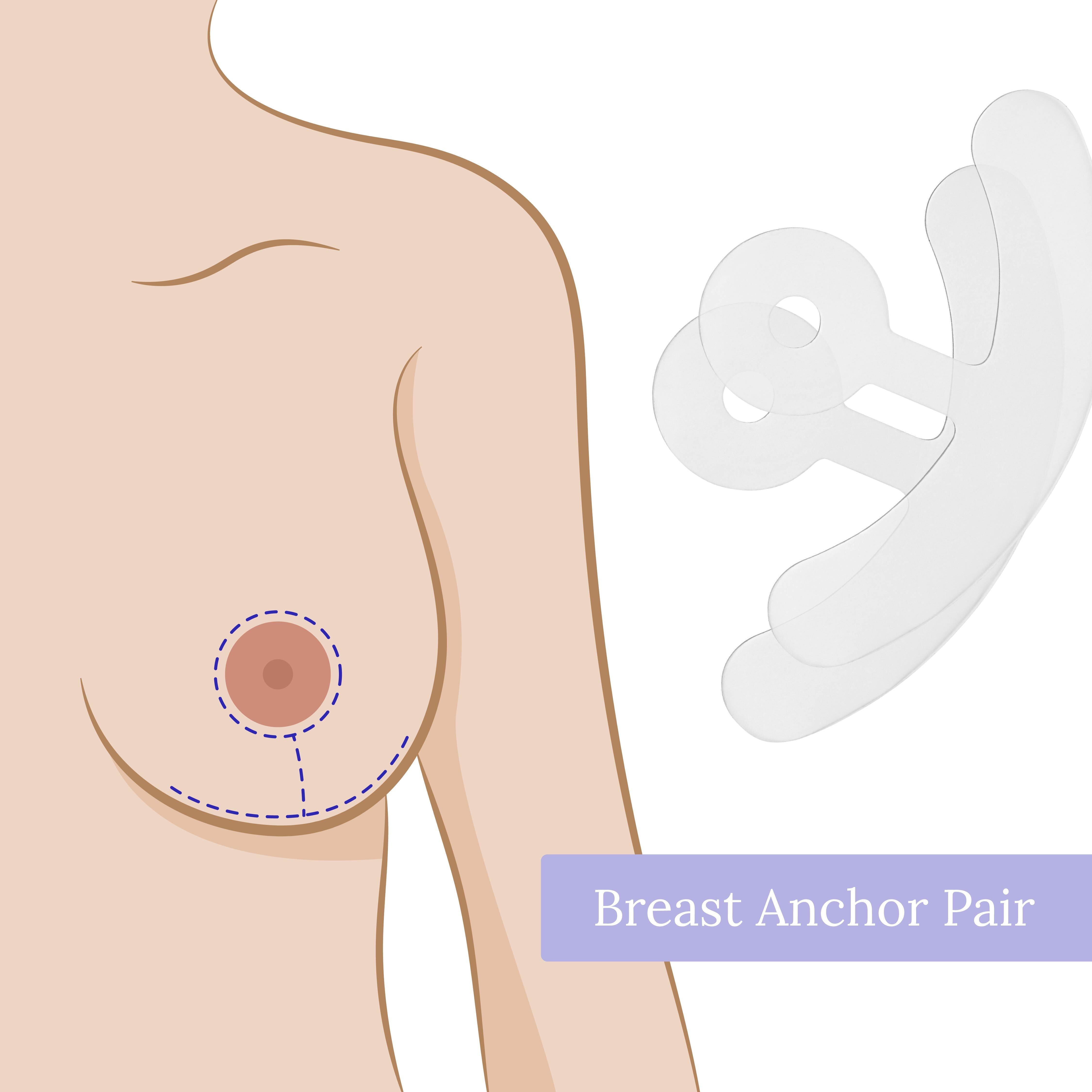
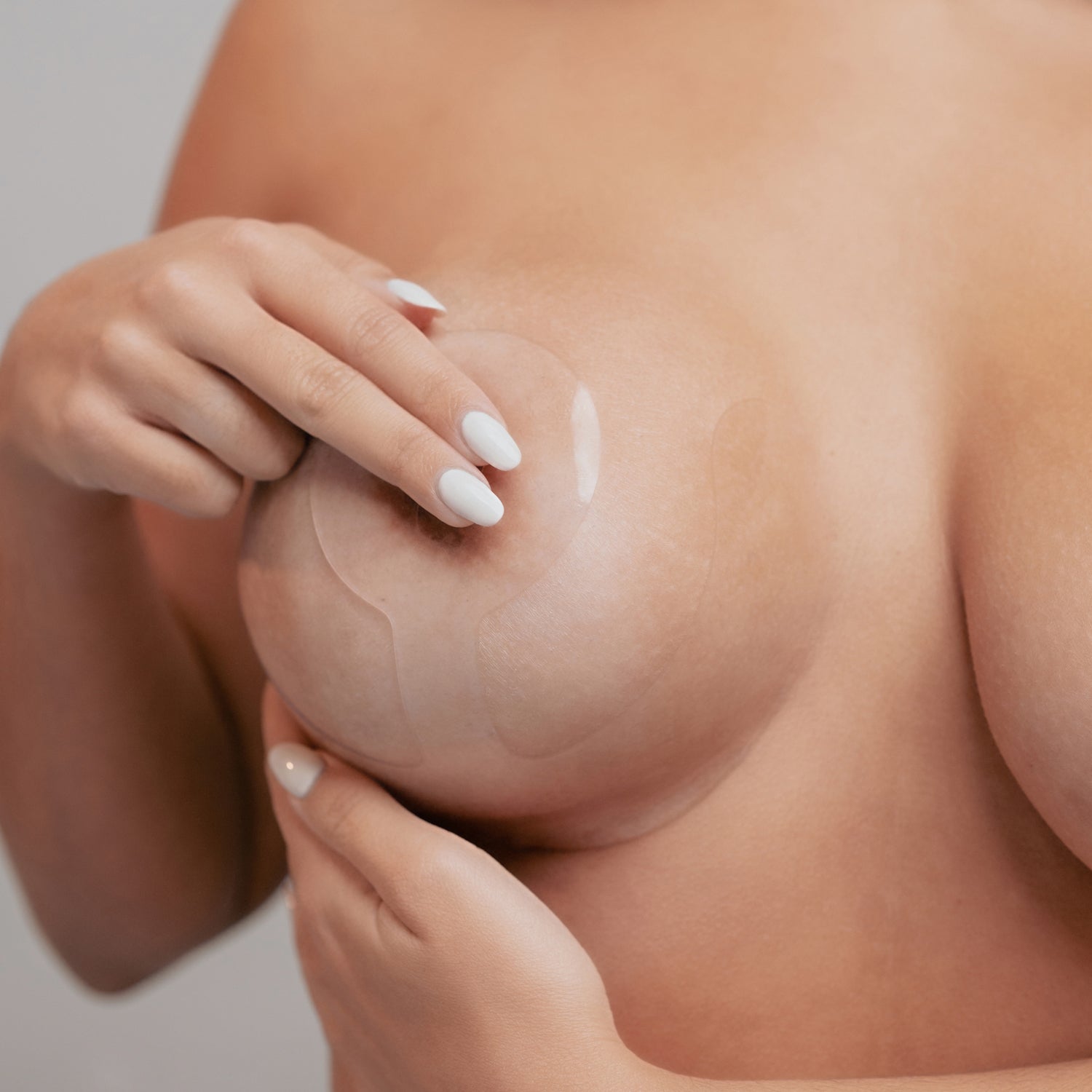


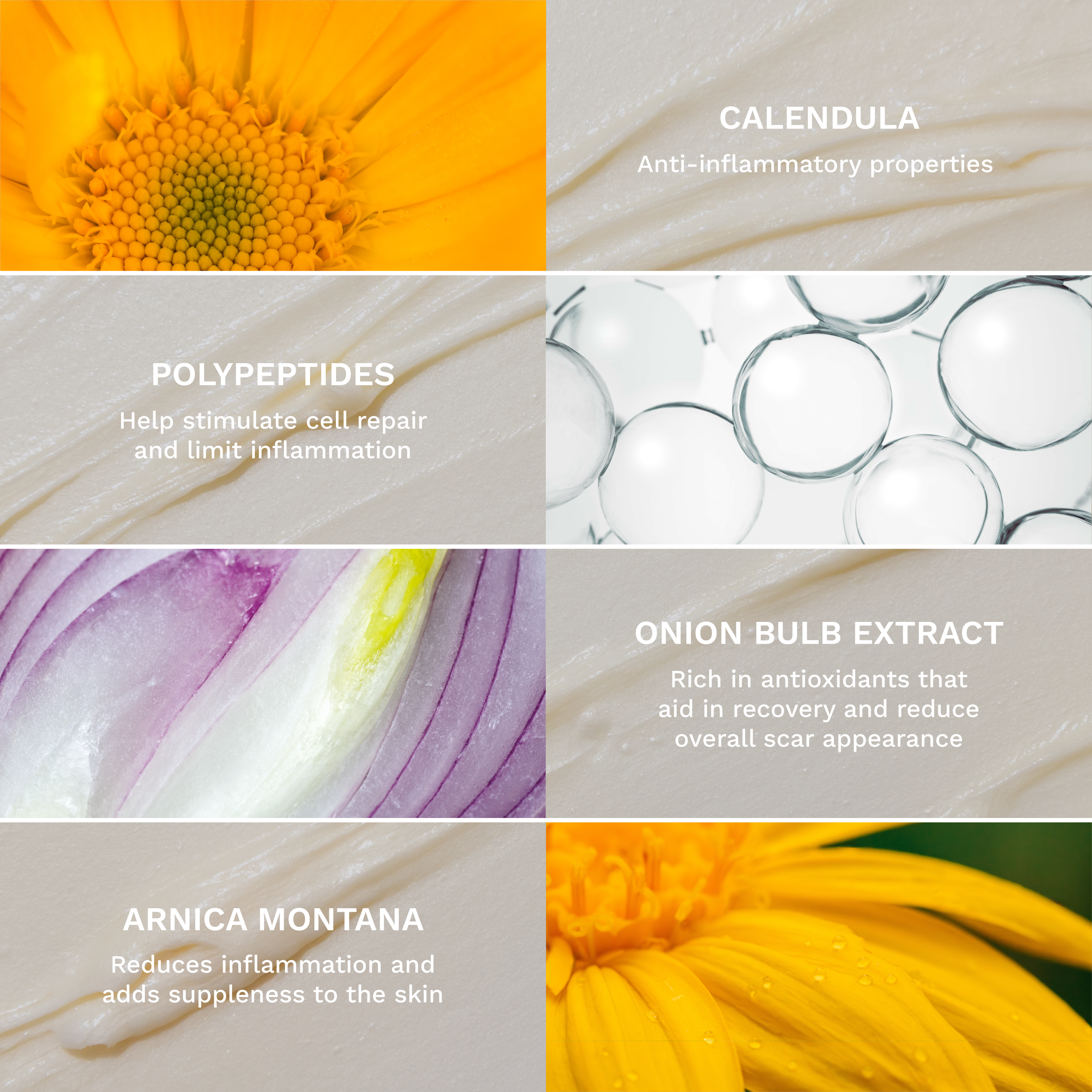
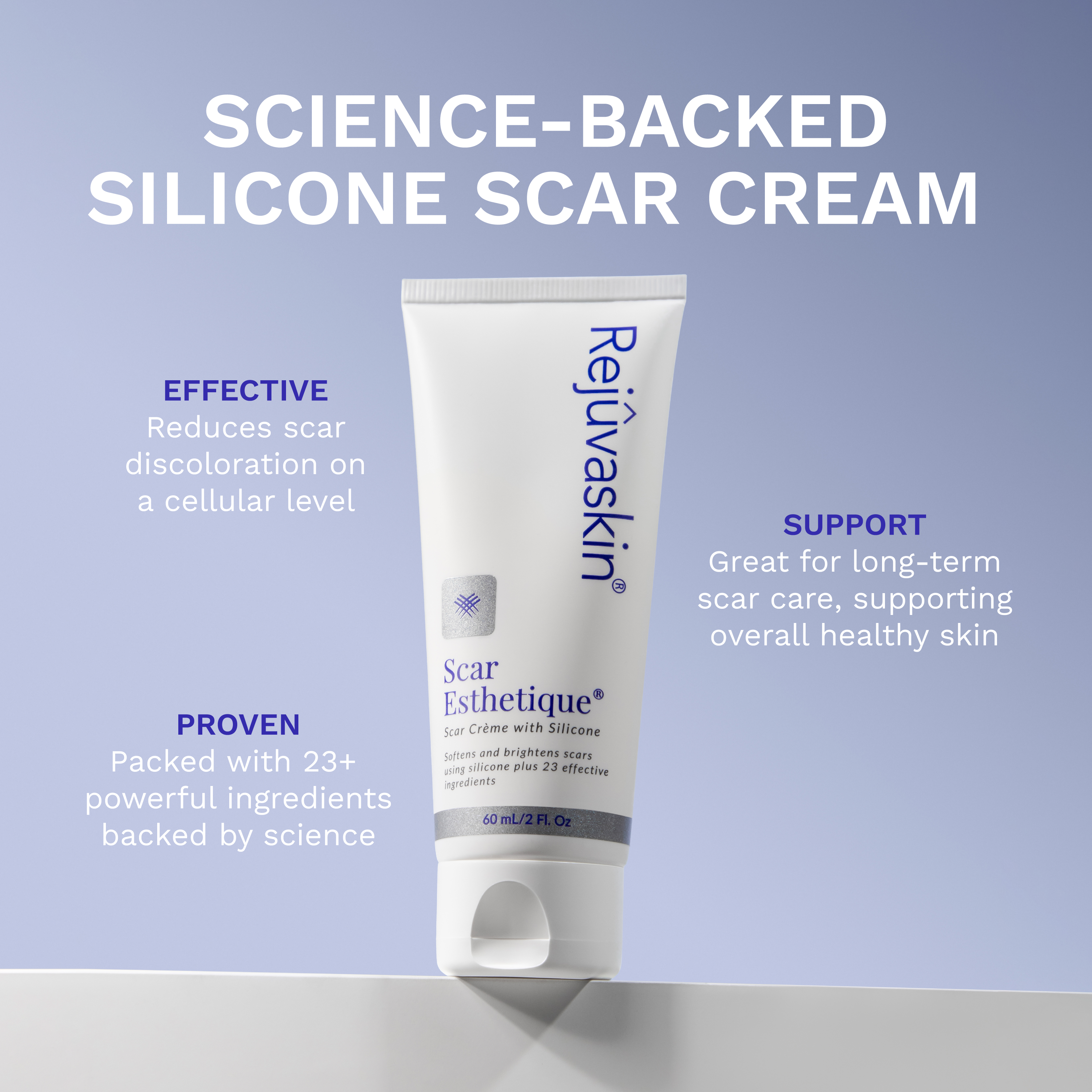
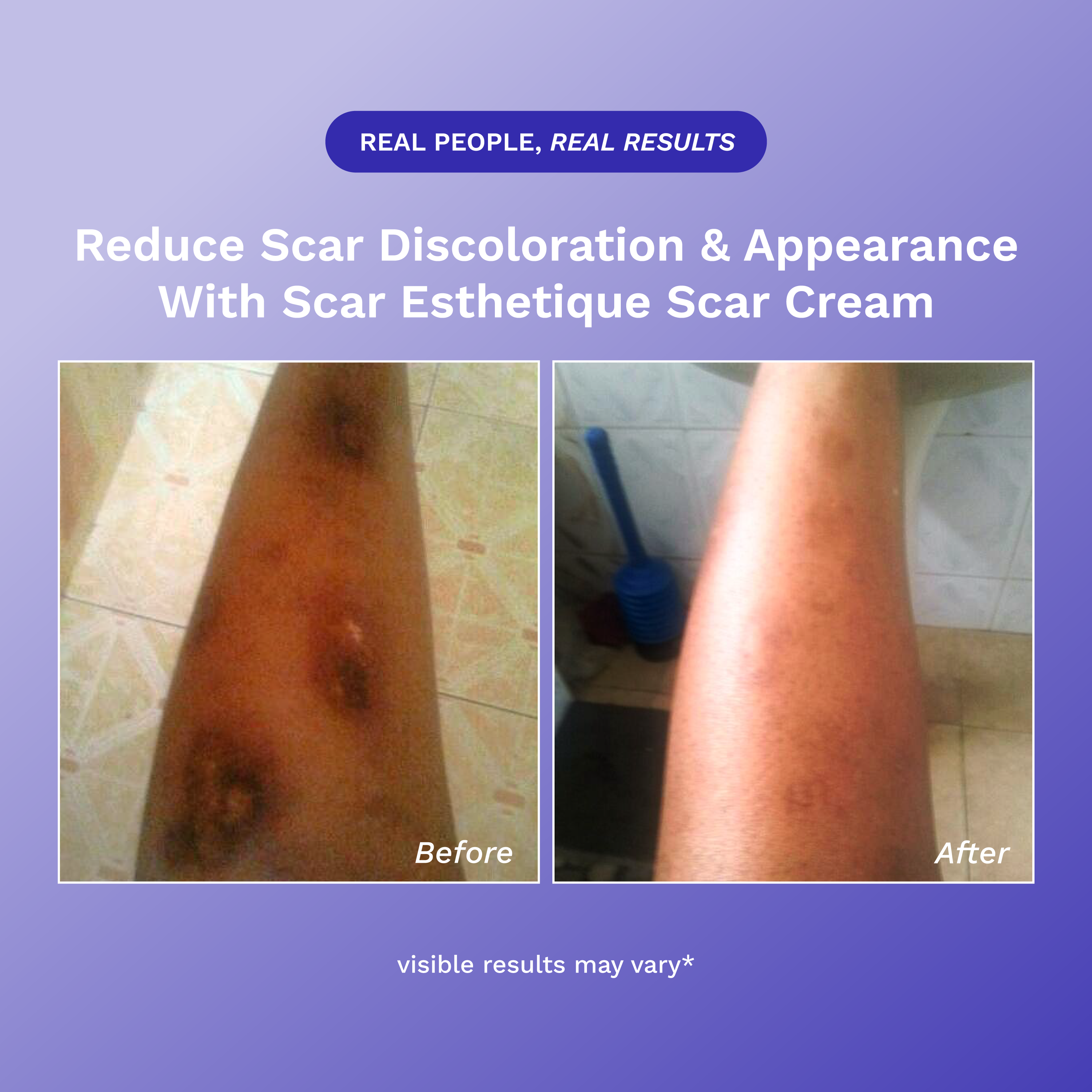
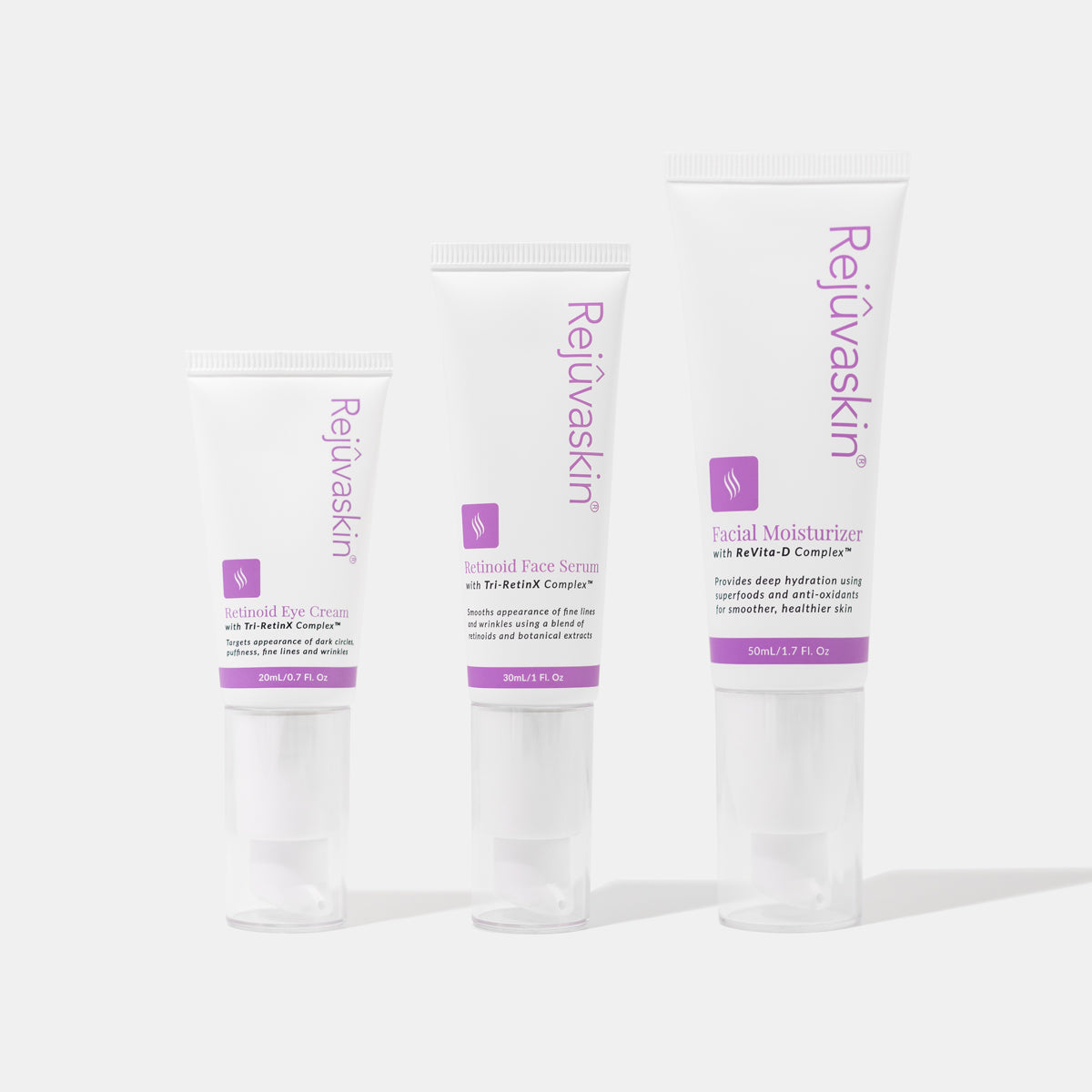
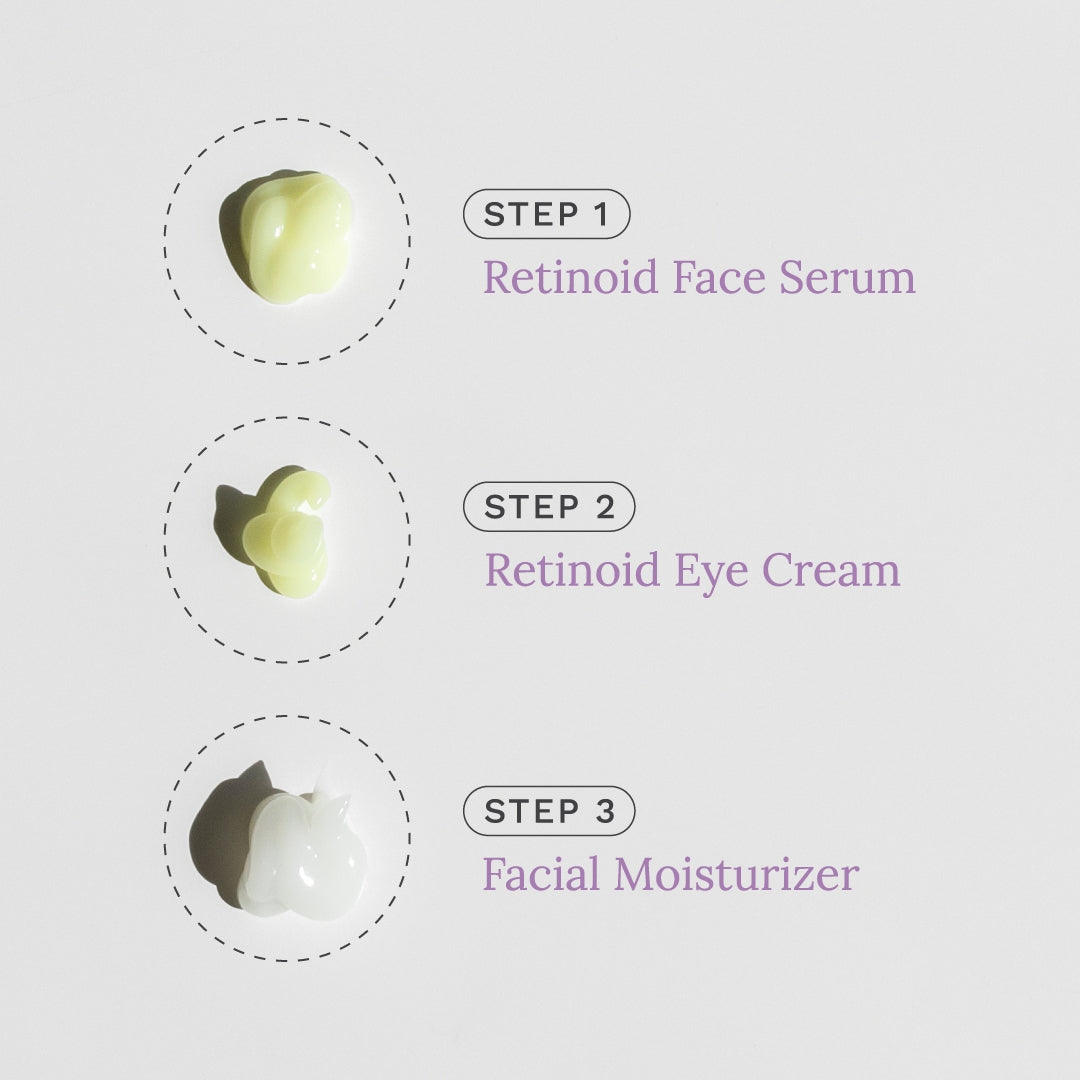
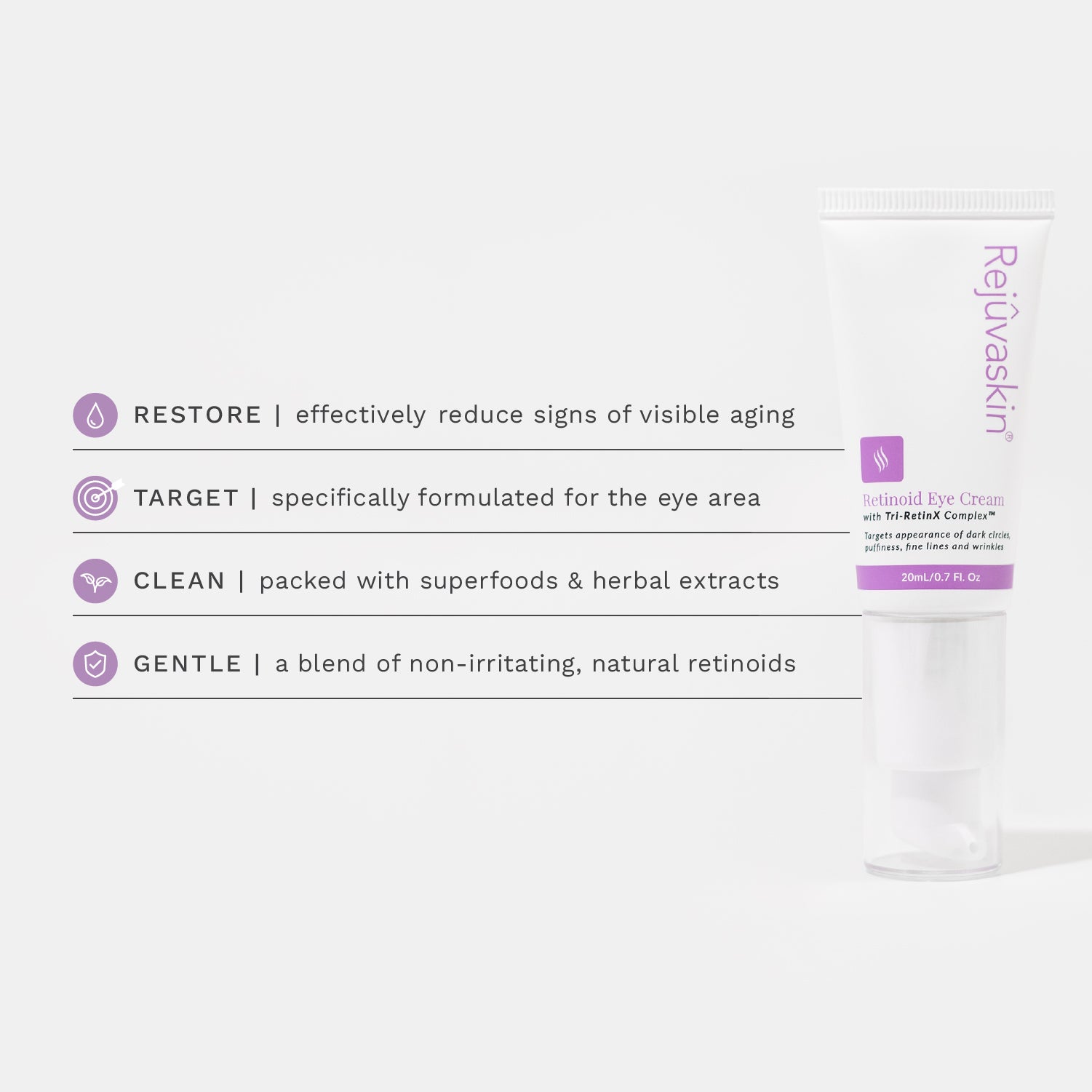
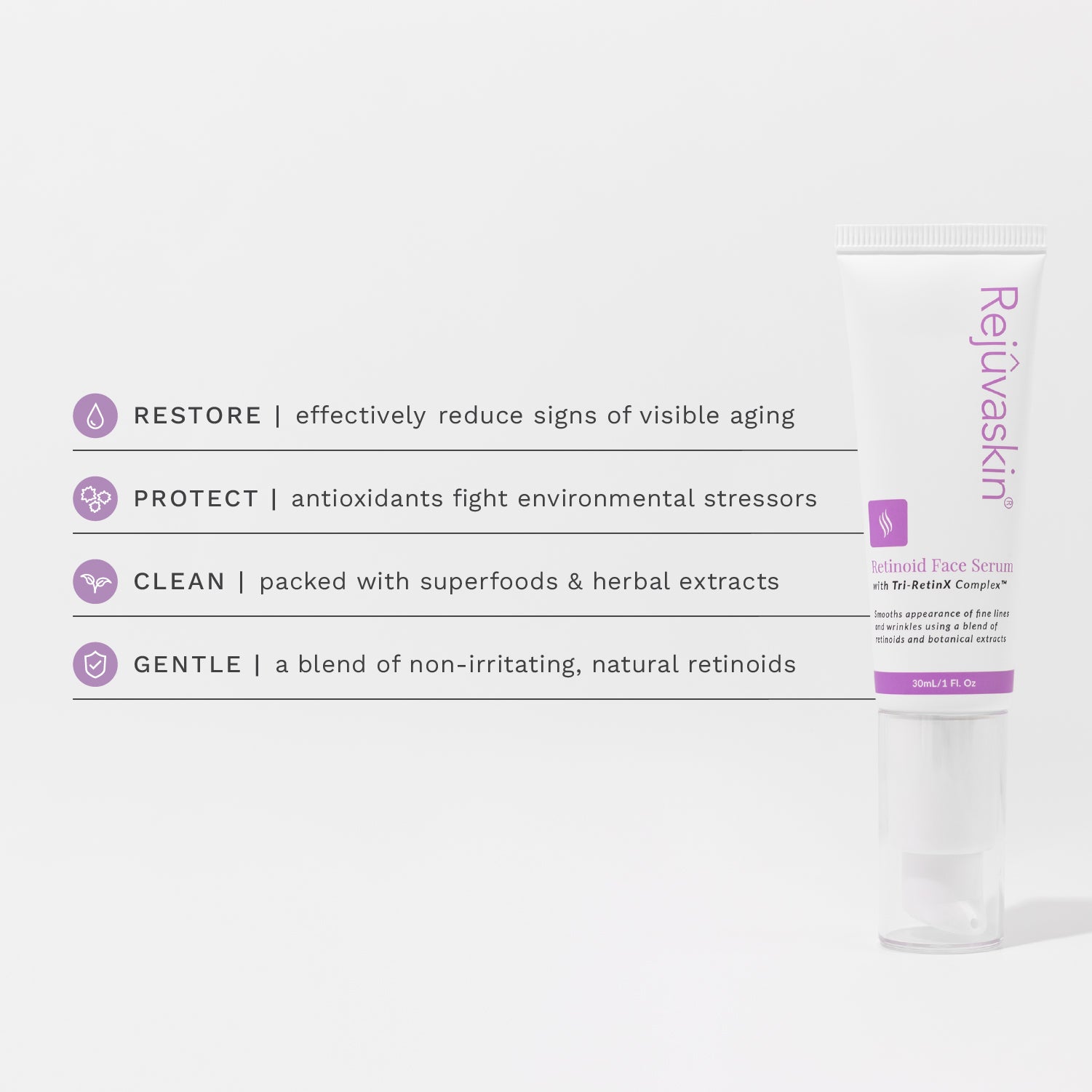

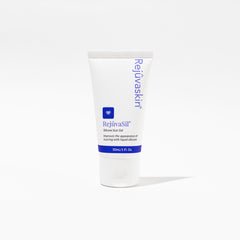
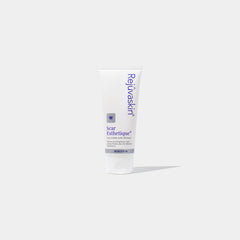

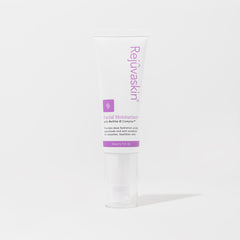

Leave a comment